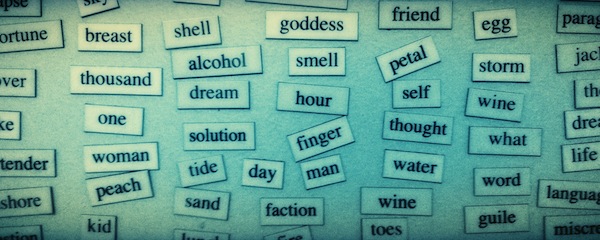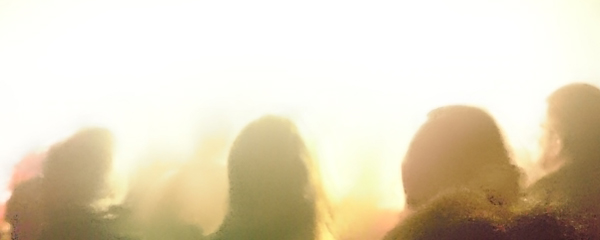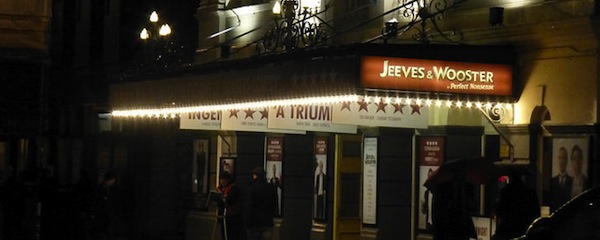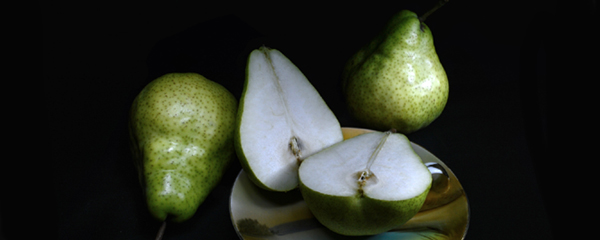MIKE SMITH takes a look at the unusual structure of Sir Arthur Quiller-Couch’s curious story: ‘The structure notably presents it as two quite disconnected stories; the only obvious connections between them are the author and his narrative proxy, and the fact that both are written as if seen from the perspective of the eponymous cottage…’
K J ORR on poetry and the short story form: ‘As a short story writer my relationship with poetry is marked most of all by a lack of self-consciousness: by lightness, flexibility, pure pleasure. Friends recommend poems, or poets, and I magpie favoured fragments, which are charged too with my own memories of time and place and connection…’
Over the past weeks, the team of THRESHOLDS judges has been busy reading and re-reading the entries, debating and deliberating. Now, we bring you.… The 2016 THRESHOLDS Features Award longlist.
NAFISA MUHTADI discovers the power of ugly prose: ‘The more I read short stories that are written in the lyrical style beloved by some competition judges, the more I crave ugliness in prose. Poetic narratives with windswept thoughts lyrically describing landscapes, rivers and seas are not for me…’
MARGARET SESS-HAWKINS takes us back to the early 1900s with an exploration of the humour in P.G. Wodehouse’s Jeeves and Wooster series: ‘It is … the lighthearted tone, the sheer joviality of the writing. Look through any modern short story collection, peruse a serious literary magazine, and you would be hard-pressed to find such comedy…’
ALLYSON DOWLING looks at the evocative description in ‘Boule de Suif’ by Guy de Maupassant: ‘Maupassant was incapable of writing a dull sentence. His prose is naturalistic, full of finely wrought and vivid detail…’





